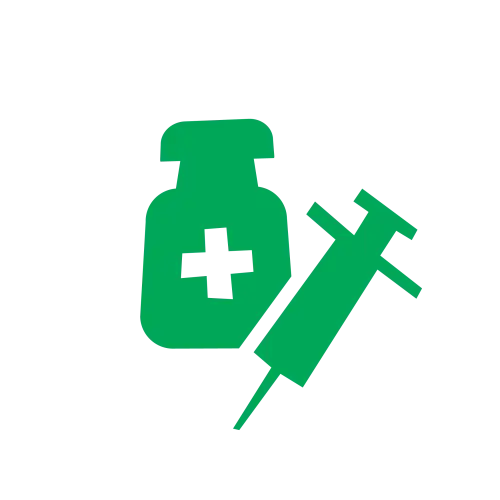Male fertility and medication: Understanding the impact of your treatments
A shared, often overlooked topic
When planning for a pregnancy, the focus is often on the woman's health. However, fertility is a shared responsibility, and men's health plays an equally crucial role.
Many common medications can have an impact—often temporary and reversible—on male fertility. The goal is not to cause alarm, but to inform, allowing for good planning and an informed discussion with your healthcare professionals.
How can medications affect male fertility?
Medications can influence a man's fertility in several ways:
- By altering the hormones necessary for sperm production.
- By having a direct impact on the production, quality, or motility of sperm.
- By affecting sexual function (libido, erection, ejaculation).
The impact of your medication: Classes to watch
Here are some examples of medication classes for which a discussion is relevant if you are planning a pregnancy.
- Testosterone Replacement Therapy (TRT): Suppresses natural testosterone production and stops sperm production, causing temporary infertility.
- Certain antidepressants (especially SSRIs): Can sometimes affect sperm quality or decrease libido.
- Certain medications for blood pressure and benign prostatic hyperplasia.
- Opioids (in chronic use).
- Chemotherapy.
Optimizing fertility: Solutions and pharmacist's advice
Beyond reviewing your medications, strategies exist to optimize male reproductive health.
Vitamins and supplements: What is proven
A healthy lifestyle is fundamental. Additionally, certain vitamins and antioxidants have been shown in studies to improve the quality and motility of sperm:
- Coenzyme Q10 (CoQ10)
- Zinc and Selenium
- L-carnitine
- Vitamins C and E
Speak to your pharmacist to find out if supplementation is relevant for you.
Other prescription medications that can help
In some cases, medications can be used to improve fertility:
- Low-dose daily Tadalafil (Cialis®): In addition to its role in erectile dysfunction, some data suggests it may improve certain sperm parameters.
- Hormone stimulators (e.g., Clomiphene, HCG): Used "off-label" by specialists, these drugs can stimulate the body to produce its own testosterone and increase sperm production.
What to do? The discussion is key
Crucial warning: NEVER stop a prescribed medication on your own. Abruptly stopping can have serious consequences for your health.
The right first step is to plan a complete medication review with your pharmacist or your doctor well before you start trying to conceive. For most medications, the effects on fertility are reversible, and safer alternatives often exist.
Trusted resources
- Fertility Matters Canada (EN/FR): The leading Canadian charity offering support and information to people facing infertility.
- Sex & U by the SOGC (EN/FR): An excellent basic medical resource on fertility and conception.



















